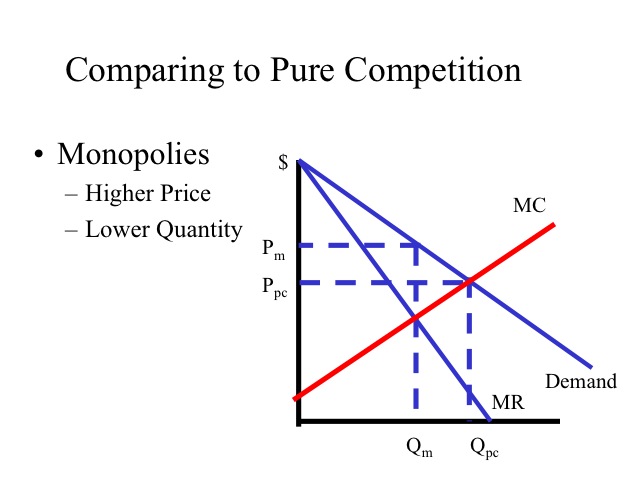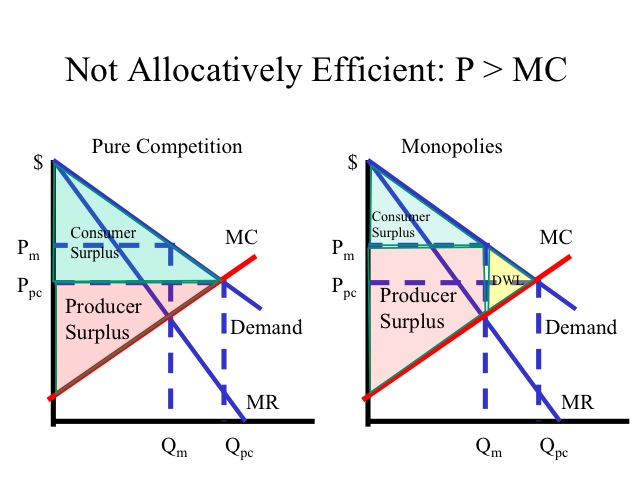I think the discussion in current terms is pointless, because nobody here seems to understand what exactly platform is.
Platform (in gamedev) is a stable environment for game development. What people currently call "PC" is not even remotely a platform.
Platform usually has an API, stable performance, known, documented code-paths and so on.
Nothing here applies to "PC", the only stable thing on "PC" is API, where it's performance differs WILDLY between various platform instances, code-paths deviate with driver versions and so on and so forth.
Creating a game for DX11 is a nightmare: what performance you should target? resolution? framerate? optimizations? etc.
Usually in the end it is: let's make a game for the lowest common denominator, and then use a lot of brute-force crap on top (high resolution, AA, post-processing, gimmick effects) to make people with high-end PCs feel good.
The only thing that moves tech for PC architecture right now is the console development, no new stable platforms - no way forward.
Fortunately most developers don't have your extremely negative attitude.





